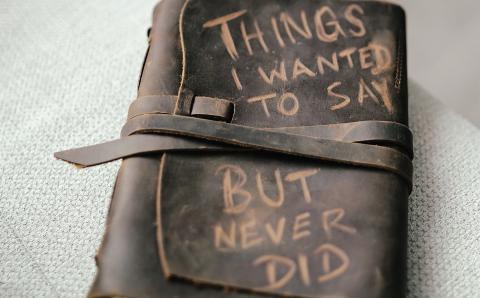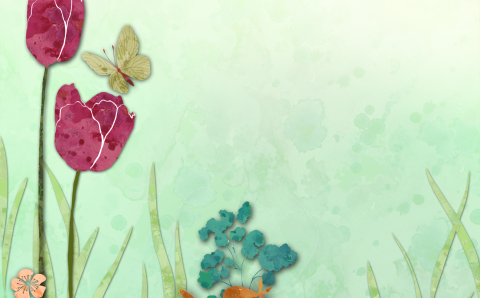Is faith in God a crutch for weak people?
The short answer: Of course it is.
For anyone experiencing a moment of weakness, struggle, or sorrow, knowing that there is a God who knows them, cares for them, and is looking out for them is an incredible “crutch,” an incredible support to lean on.
And who among us doesn’t feel weak from time to time and in need of something to lean on? So, sure, faith in God is a wonderful support to lean on when we are weak. Except when it’s not.
And here’s where this question posed by non- or not-yet-believers—“Is faith in God a crutch for weak people?”—doesn’t acknowledge the challenges of faith, or of following Jesus, or of believing in a good God when bad things happen. Because, as believers know, it’s not like faith is always easy, or always something to lean on, or always a source of great answers.
I work on a college campus. Every death in our community is a tragedy. If it’s a student, the tragedy is obvious, but even when it’s an adult who serves on our faculty or staff, it’s a tragic loss because that person was in the prime of life, working, serving, loving—and is now gone. When faced with losses like these, faith in God may be a support to lean on, but just as often our belief in a good and loving God is challenged to the point of breaking. When we look at a 20-year-old lying in a casket, we wonder: How can a good God allow this? How can I/we believe in a God who let this happen?
Those are moments when our faith in God feels less like a crutch we can lean on and more like a burden we bear. We ask the ancient questions about evil and suffering and faith and hope. We stand by a grave in disbelief. Our hearts literally ache with loss.
At those times, our faith isn’t a crutch. A crutch just won’t do it. In those seasons, our faith is about the cross. It’s about knowing that our God loved us so much that he faced death itself—and won. It’s about singing “no guilt in life, no fear in death—this is the power of Christ in me” as tears stream down our faces. It’s about standing at the grave and saying together, “I believe in the resurrection of the body.” It’s about reciting, one more time, that we “belong—body and soul, in life and in death—to [our] faithful Savior, Jesus Christ” (Heidelberg Catechism, Q&A 1).
It takes incredible strength to do these things—to stand in the face of death and claim victory. To bury a child and continue to trust God. To weave grief into the rest of your life even as you celebrate baptisms, weddings, and holidays. These are not the actions of the weak. These are the actions of the strong. They may not feel strong. We may not feel strong. We may feel more like we are barely holding on. But in those moments, our faith is not in our strength, but in our God who has said that in our weakness, God is strong. We don’t lean on a crutch. We don’t lean on our faith. We lean on our God. “Till he returns or calls me home—here in the power of Christ I’ll stand.”
About the Author
Mary Hulst is university pastor for Calvin University and teaches at Calvin Theological Seminary, Grand Rapids, Mich.






